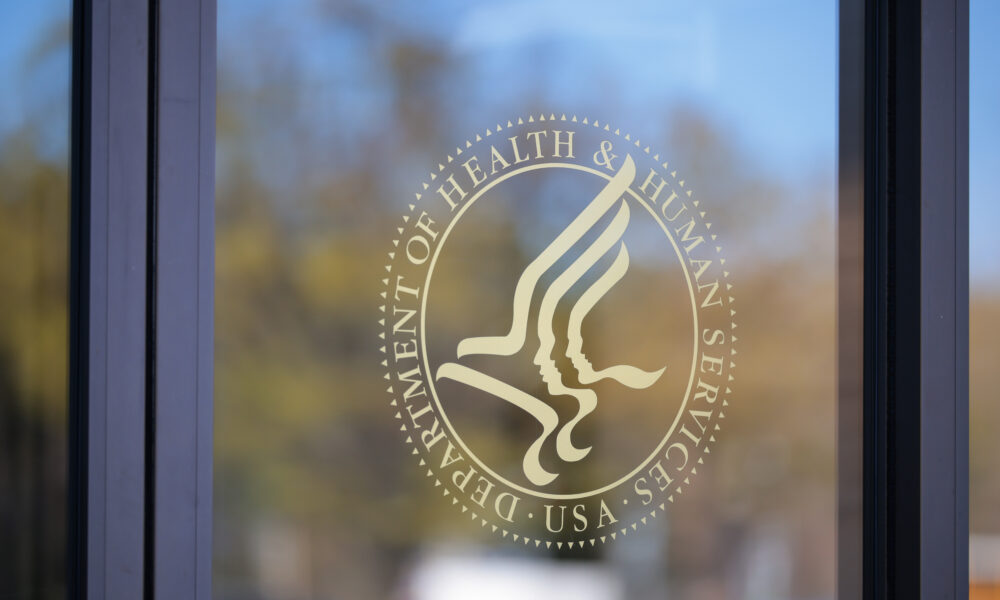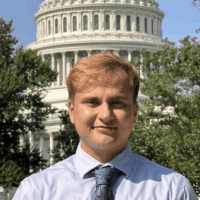In yet another blow to our nation’s public health infrastructure, officials from the US Department of Health and Human Services (HHS) have informed the nation’s leading medical associations that they will no longer be involved in developing vaccination recommendations alongside the Centers for Disease Control and Prevention’s (CDC) Advisory Committee on Immunization Practices (ACIP). ACIP is typically composed of expert physicians and public health professionals who shape national vaccine policy by advising the CDC on recommendations such as vaccine dosages and scheduling. These scientists bring indispensable knowledge in vaccinology and immunization science—expertise that Kennedy’s proposed replacements fundamentally lack.
This move is part of a broader series of recent actions undermining ACIP and limiting HHS’s capacity to protect public health. Citing a need to restore “public trust,” HHS Secretary Robert F. Kennedy Jr. abruptly dismissed all 17 medical experts serving on ACIP on June 9th and replaced them with his own hand-picked appointees. This decision is just one of many disruptions to federal scientific advisory committees—and one of the over 400 documented attacks on science that the Union of Concerned Scientists (UCS) recorded during the first six months of the Trump administration.
Several of the members that Kennedy appointed to ACIP are hostile to vaccines and have little to no experience on providing vaccines, treating vaccinated and unvaccinated patients, or studying vaccine science. In fact, half of the new members have no published literature on vaccines at all. One of the replacements, Retsef Levi, has published non-peer-reviewed and poorly-cited literature questioning the safety of mRNA COVID vaccines for pregnant women. Another replacement, Dr. Martin Kulldorff, co-authored the Great Barrington Declaration—a highly controversial and widely criticized response to the COVID-19 pandemic. This declaration promoted minimal lockdowns and the deliberate pursuit of “herd immunity” through widespread infection. The World Health Organization, alongside numerous academic and public health institutions, warned that this approach would be dangerous and account for millions of preventable deaths.
Kennedy has left the medical community questioning where to get their life-saving vaccine guidance from. The California Medical Association denounced Kennedy’s decision and claimed it to be “reckless, anti-science, and deeply harmful to public trust.” Paul Offit, a vaccinologist at the Children’s Hospital of Philadelphia who previously served on the committee, stated “The biggest impact of this will be that the medical and scientific community will not trust the advice that comes out of this new ACIP.”
Shutting out sound science
In addition to the removal of ACIP members, medical associations like the American Medical Association, the American Academy of Pediatrics, and the Infectious Diseases Society of America are now no longer invited to workgroups supporting ACIP. An email sent to these organizations stated they are “special interest groups and therefore are expected to have a ‘bias’ based on their constituency and/or population that they represent.” These CDC workgroups allow a broader incorporation of evidence and recommendations from experts to support vaccine decision-making. Without their input, vaccine policy risks being shaped more by political agendas and anti-vaccine rhetoric than by scientific evidence and public health expertise.
This breakdown in trust and transparency around vaccine information comes at a critical moment, as the Southwest grapples with the largest measles outbreak in the US since the disease was declared eliminated in 2000. Measles, a highly contagious virus preventable through vaccination, was once eradicated from the US thanks to widespread immunization efforts. However, the resurgence of anti-vaccine rhetoric and growing skepticism has contributed to declining vaccination rates in parts of the country. Since late January, Texas has reported 762 confirmed measles cases, with 94% of cases occurring in individuals with no record of receiving the measles-mumps-rubella (MMR) vaccine. Nationwide, the total number of cases has climbed to 1,309, marking a serious threat to public health.
Kennedy has a long history of spreading vaccine misinformation, and these lies cost lives. Kennedy has already taken steps to weaken vaccine practices in the country by announcing that the CDC will no longer recommend COVID vaccines for pregnant women or healthy children. Kennedy bypassed the agency’s official process for changing vaccine schedules to take this action. Furthermore, Kennedy announced a halt to research on lifesaving mRNA vaccine technology. Twenty-two mRNA projects led by the Biomedical Advanced Research and Development Authority (BARDA) —including projects on developing a vaccine for the increasingly urgent threat of H5N1 Avian Influenza—will be either canceled or altered. This decision puts millions of lives at risk and could severely hinder our ability to respond to future public health emergencies. And tragically, earlier this month, a gunman, motivated by unfounded and unproven claims about the COVID-19 vaccine, opened fire at the CDC headquarters in Atlanta, Georgia.
Threats to science advisory committees
The havoc occurring at ACIP is part of a broader threat to federal science advisory committees. President Trump’s executive order (EO), Commencing the Reduction of the Federal Bureaucracy, ordered federal agencies to remove federal scientific advisory committees that are deemed “unnecessary” to “promote American freedom and innovation.” Federal scientific advisory committees are essential to democracy, providing federal agencies with expert advice on scientific matters from climate policy to public health regulations. Without evidence-based recommendations driving policy, regulations risk failing the public, and negative consequences could be both immediate and long-term.
According to UCS’ new report, Science and Democracy Under Siege, 51 (27%) of active science federal advisory committees have been terminated or disbanded since the beginning of President Trump’s second term. HHS, in particular, has seen a total of 21 federal advisory committees completely terminated. The chaos unfolding within the federal government, particularly at HHS, is deeply alarming. Political agendas and pseudoscience are increasingly shaping decisions around critical scientific research, placing public health at serious risk.
As a master’s student in Environmental Health Sciences, I am extremely concerned about the safety and well-being of our future. Through my studies, I work in an environmental microbiology lab focused on antibiotic-resistant infectious diseases—pathogens that are often spread in healthcare settings and pose a growing threat. I hope to see the federal government recognize and incorporate research like ours into public policy and hospital protocols to better address and mitigate the growing threat of infectious disease.
Sidelining infectious disease research costs lives. With vaccination rates declining, we can expect to see more increases in both the morbidity and mortality associated with infectious diseases. Continued investment in biomedical and epidemiological research is essential to protect public health and ensure the safety of all Americans.

